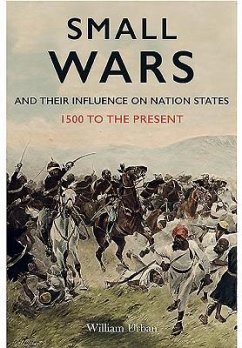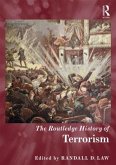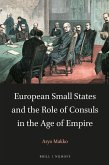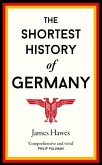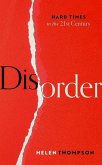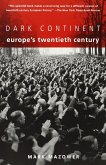After 1500, European warfare was repeatedly revolutionized by new weapons, new methods for supplying armies in the field, improved fortifications and new tactics for taking fortifications. This allowed empires to grow, with, for example, the Ottomans expanding into the Middle East and Africa, Britain dominating India, and Russia conquering the steppe. The dynamics of resistance to this expansion were remarkably similar to what we see today in ISIS, Afghan and Pakistani Talibans, and various jihadist groups that are more tribal than Islamist. The driving force behind these organizations may be tribal resentment of the modern world undermining long-established traditions and beliefs. Religion - or their interpretation of Islam - is merely a glue that holds the rebels together. Such resistance continues to be met by world powers who misunderstand the motives of the people that take up arms against them, and we should understand that ours is not the first generation to deal with this problem, and ours will probably not be the last. However, there are some methods that work better than others. The failures and successes of the past can help us now and in the future.
Hinweis: Dieser Artikel kann nur an eine deutsche Lieferadresse ausgeliefert werden.
Hinweis: Dieser Artikel kann nur an eine deutsche Lieferadresse ausgeliefert werden.

